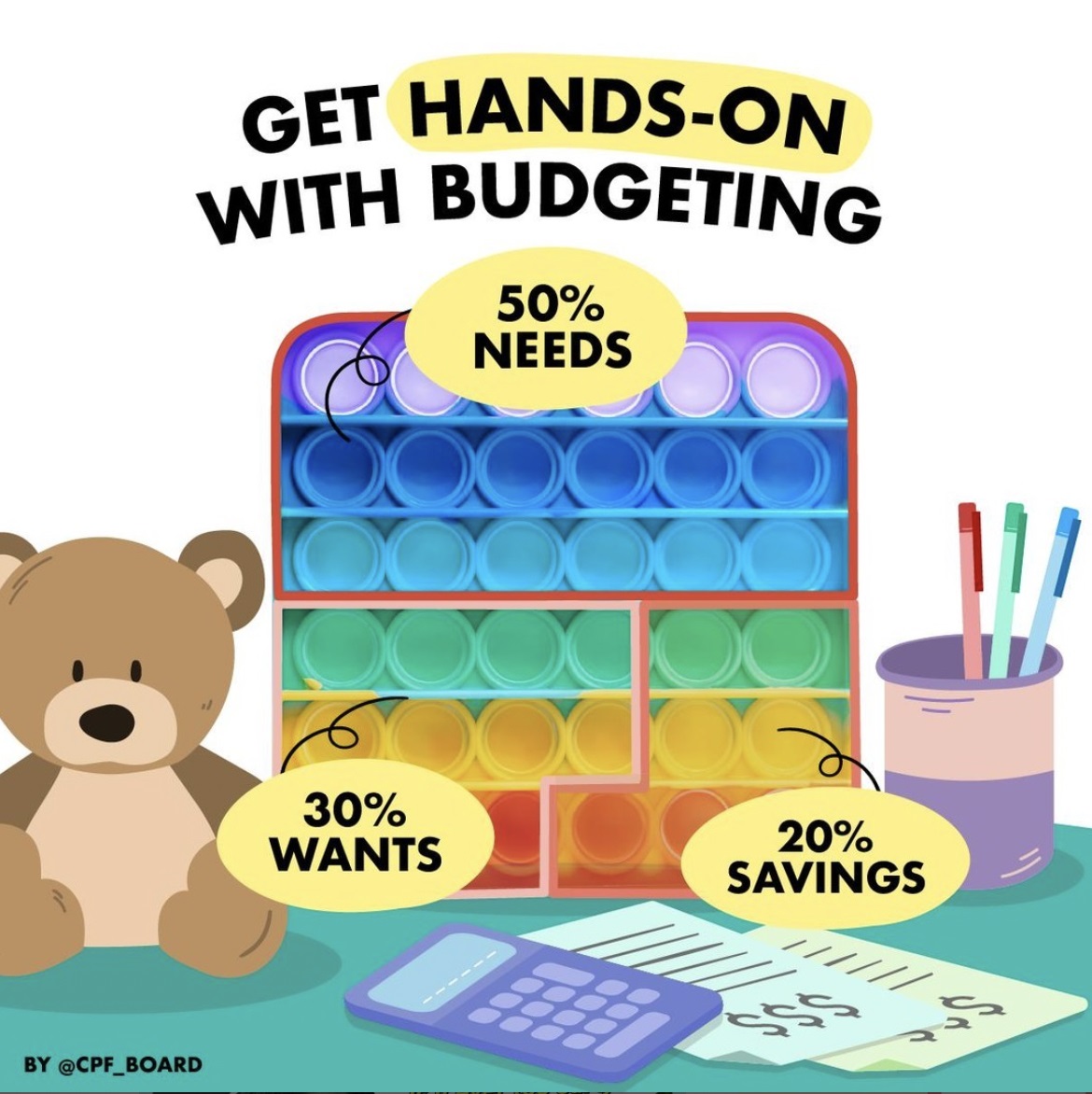This is a type of short-term financing option that allows consumers to make purchases and pay for them at a future date, often without interest. It is not the same as paying for items using a credit card, as different terms and conditions might apply.
Buy now, pay later (BNPL) is increasingly popular and available amongst online retailers, although it’s currently only available amongst selected retailers. On the surface, this option offers affordability and convenience as you don’t have to pay interest for stretching your payments across a period or submit a proof of income to be eligible.
Thus, it makes it tempting to go all in on your wish-list. But should you?
An advantage is that it may ease your cash flow at a certain time when you need to make several necessary purchases. For example, buying household items for your new place. BNPL might offer you the flexibility to stagger your payments and ease that financial burden.
But this might create a false sense of affordability, causing you to spend more than you planned if you’re not careful.
Something that caught your eye could be just $50, but you could have forgotten your previous purchases. As your spending starts to accumulate, you might have already over-committed your salary.
This might affect younger consumers especially, as receiving your first salary can give one a feeling of increased spending power. Being disciplined in one’s spending habits can be challenging even for the most prudent of us, and BNPL might encourage more purchases, thereby falling into the trap of instant gratification.
More and more people these days prefer shopping online over the conventional method of going to the physical shops. This means that it is quicker and easier to make commitments that can add up to quite a hefty sum. And if you have not properly planned for your monthly expenses, you may not have enough to pay for the necessities or might even incur debt. As everything adds up, the eventual danger is that you will not be able to even afford the minimum payment.
BNPL providers charge a penalty fee when you miss payments. In a scenario where these costs snowball, coupled with you running into cashflow problems especially in the onset of the pandemic, that will be a huge problem.




